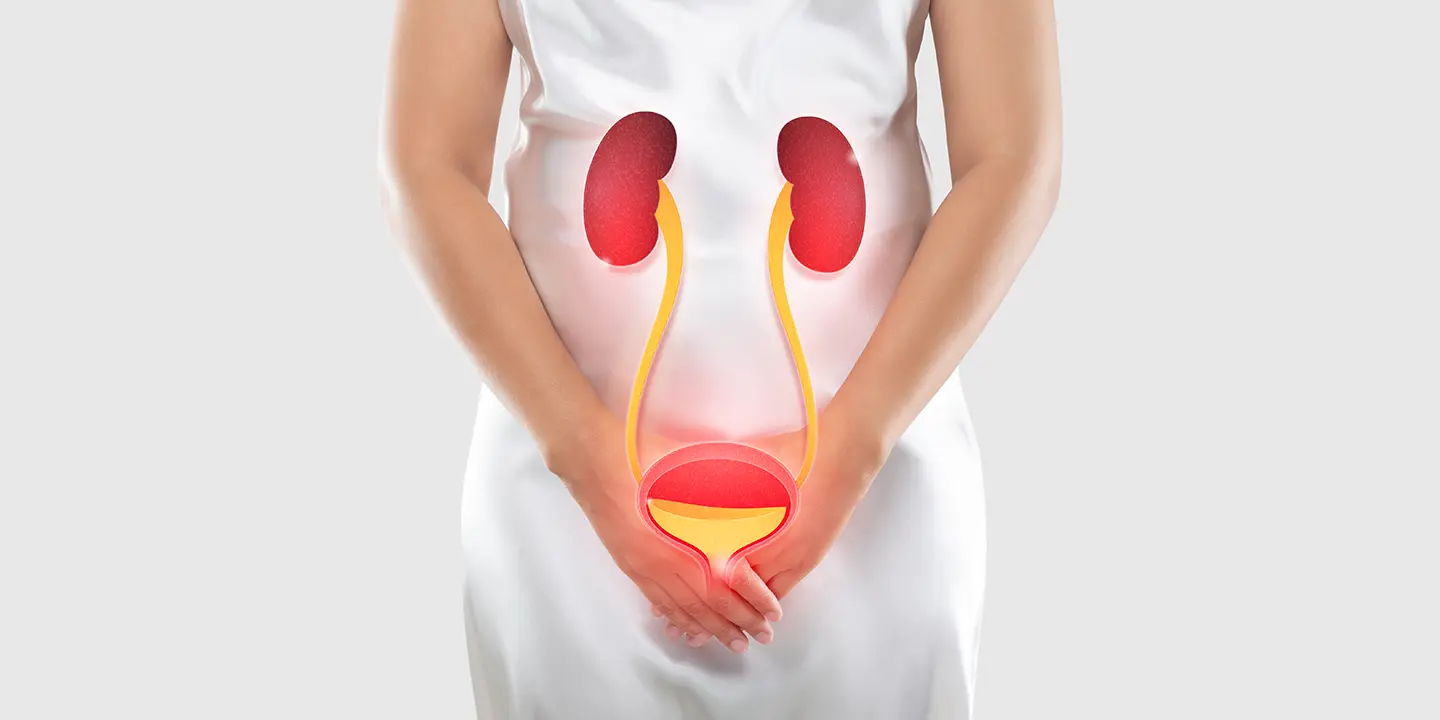
What do we mean by Irregular Periods?
Periods generally last for four to seven days and repeat over a period of 25 to 28 days. However, sometimes periods may occur in less than 21 days or more than 35 days apart. Some may miss three or more periods in a row, or have a heavier or lighter flow than usual. In a few other, periods may last longer than seven days, or cramps, nausea, or vomiting might become frequent. Sometimes, bleeding or spotting may also occur between periods, after menopause or sex. All these are signs of irregular periods. Irregular periods can be a scary situation for any menstruating woman. However, more than a disease in itself it is mostly a symptom of a range of underlying conditions. One such condition is PCOS or Polycystic Ovarian Syndrome, an endocrine disorder or hormone imbalance that affects menstruating women.
How do we Manage Irregular Periods?
Irregular periods are not easy to manage but it is not impossible. Certain lifestyle changes coupled with proper medical treatment under the supervision of a professional gynecologist are crucial. Self-medication, on the other hand, can be quite detrimental. Here, we will talk about some tested ways in which a PCOS patient can manage her periods better.
Lifestyle Changes
Thousands of women have found lifestyle changes to be a major driving force in their journey to achieve regular and healthy periods. These include a few good habits that may seem obvious at first but only a few women can actually inculcate them in their daily lives.
Regular Exercise
- Balanced and Healthy Diet
- Regular and Appropriate amount of Sleep
- Drinking Enough Water
- Appropriate Sunlight or Vitamin D
- Mental Well-being
These may seem like the basic essentials of life but most women are unable to imbibe these habits because of their busy life at home, work, or both. Once these become a part of their daily life, significant changes are visible in their weight, mood, and period cycles.
Medical Treatment
In addition to lifestyle changes, some patients may require medical help. In such cases, tackling the root cause is essential. Whenever a woman first observes the signs of irregular periods, she must immediately consult a trusted gynecologist. Once it has been diagnosed that the underlying cause is PCOS, then the gynecologist will prescribe appropriate medicines.
These may include hormonal therapy which involves the usage of birth control that contains estrogen and progesterone. They help counteract the effects of not ovulating and make periods regular and smoother.
In case the periods are painful, a gynecologist will also prescribe appropriate pain killers. However, these medicines are only to be taken when advised and never abused. If done so, it may have serious implications on the patient.
Gynecologists may also prescribe insulin-lowering drugs to PCOS patients to ensure ovulation and regular periods.
Are you experiencing any of the above-mentioned signs of irregular periods? If yes, Hurry! Visit nearest trusted gynecologist at Queen Gynecology in South Delhi today.
















































































































































































